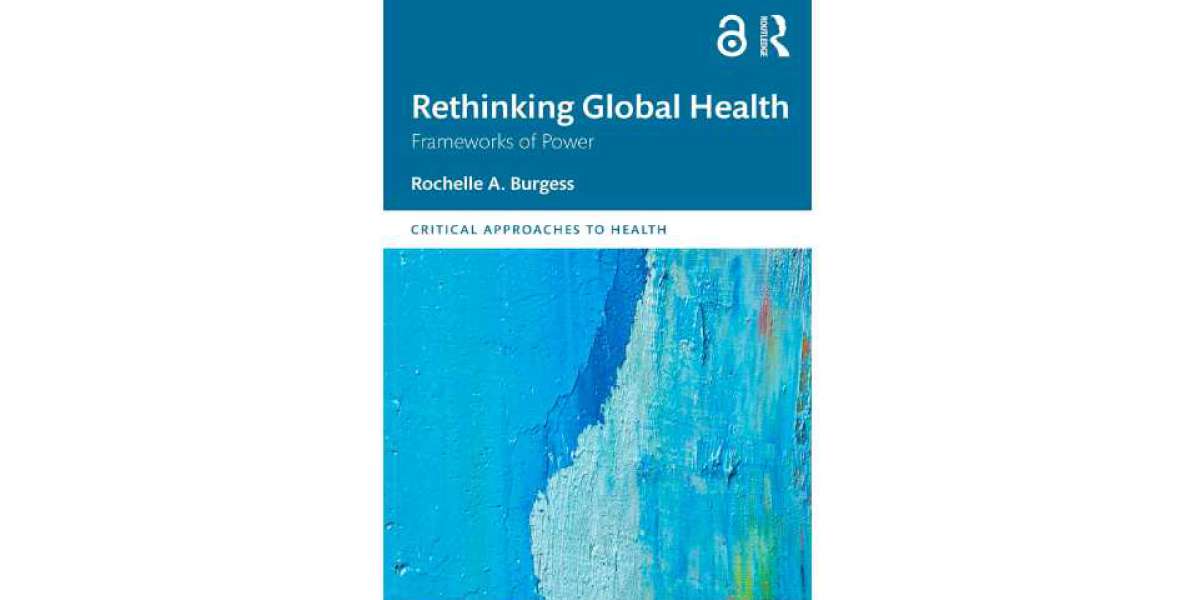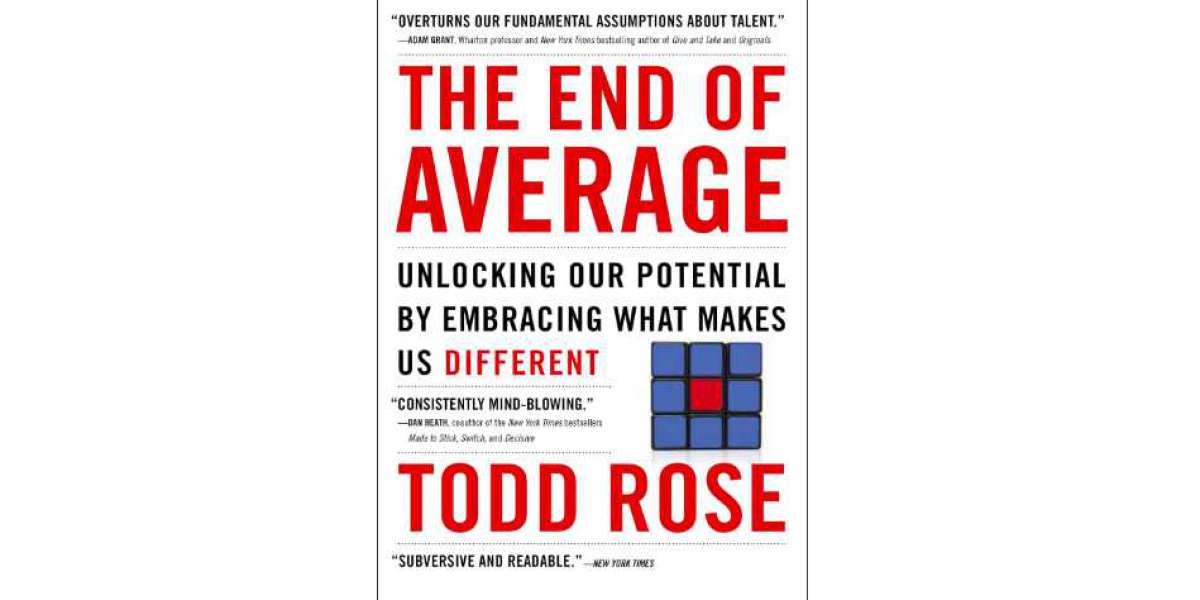Is it possible to write a good academic book when it is perceived that anger is what drove the author to write the book? This is a question that arises when reading the book "Rethinking Global Health. Frameworks of Power", because the author explicitly talks about how she began to be angry about injustice (p. 72) and how, in some ways, she still has that anger (p. 93). The answer to this question may come to the reader at the end of the book, after reading accounts like this one during the cholera epidemic in Haiti, where people were cared for in tents in the open air: "Holes cut through the bottom of mattresses so that the tell-tale sign of cholera, the consistent and unrelenting diarrhea, could be more easily treated without having to move the patients" (p. 79). What is certain is that Dr. Rochelle Burgess says she wrote this book in the hope of taking the reader on a journey to illuminate the complexity of how power dynamics operate in the global health arena from the perspective of a community health psychologist whose professional practice led her to her dissatisfaction with global health.
¿Se puede escribir un buen libro académico cuando se percibe que la rabia es lo que ha llevado al autor a escribir el libro? Esta es una pregunta que surge al leer el libro “Repensar la salud global. Marcos de poder”[1], pues la autora habla explícitamente de cómo comenzó su rabia hacia la inequidad (p. 72) y de cómo de alguna manera todavía sigue teniendo esta rabia (p. 93). La respuesta a dicha pregunta la podrá tener el lector al finalizar el libro, después de leer relatos como este durante la epidemia del cólera en Haití hablando de personas siendo atendidas en tiendas de campaña al aire libre: “Se hicieron agujeros en la base de los colchones para que el signo revelador del cólera, la diarrea constante e implacable, pudiera manejarse más fácilmente sin tener que trasladar a los pacientes” (p. 79). Lo cierto es que la doctora Rochelle Burgess dice que escribió este libro con la esperanza de llevar al lector en un viaje para iluminar la complejidad de cómo funcionan las dinámicas de poder en el ámbito de la salud global desde la posición de una psicóloga de salud comunitaria, en cuyo ejercicio profesional encontró su insatisfacción con la salud global.







